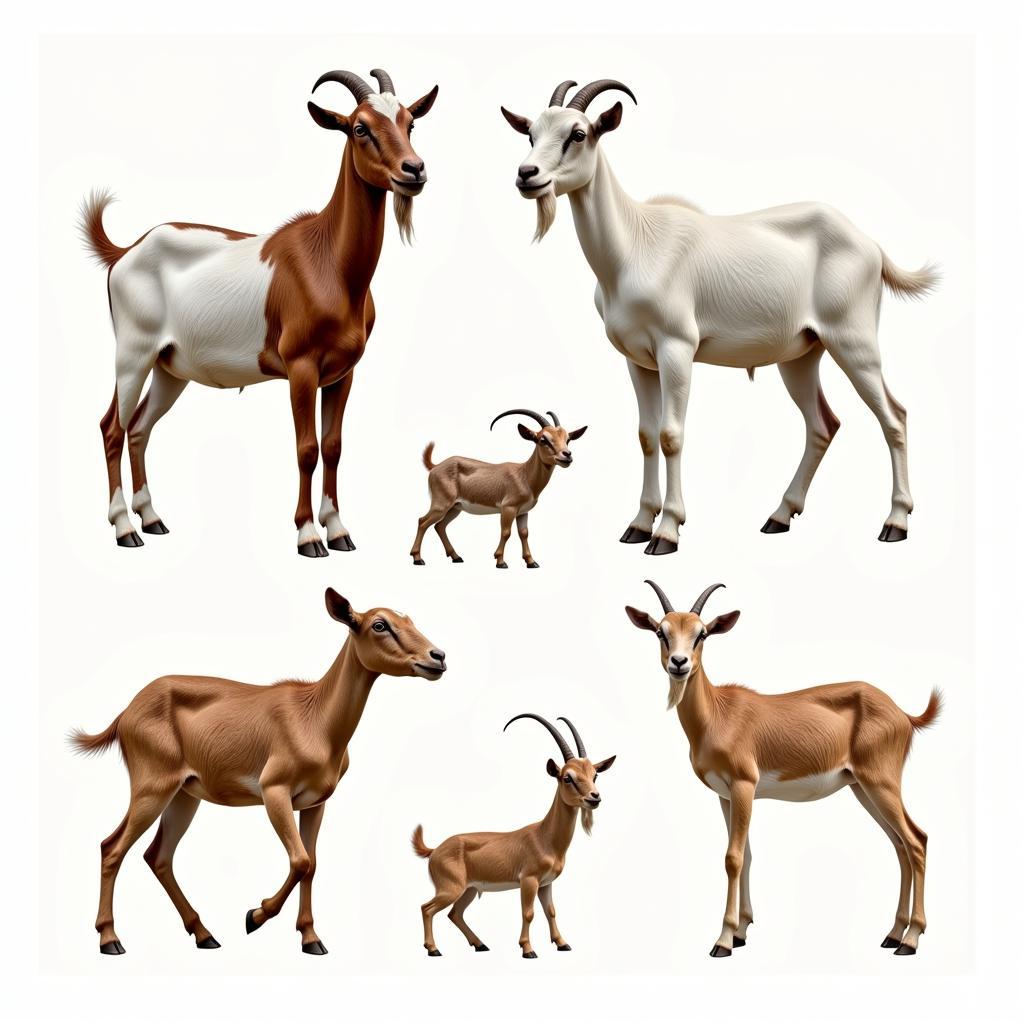African Countries on Artificial Intelligence in the UN
African nations are increasingly engaging with artificial intelligence (AI) on the global stage, particularly within the United Nations (UN). This involvement reflects a growing awareness of AI’s potential to address development challenges and shape the future of the continent. From contributing to policy discussions to implementing AI-driven solutions, African countries are playing a vital role in shaping the international discourse on AI.
The African Union has taken a proactive stance on harnessing AI for the continent’s development. The establishment of a specialized agency dedicated to AI demonstrates the commitment to integrating this technology into various sectors. Several countries are already exploring the use of AI in areas like healthcare, agriculture, and education. For example, AI-powered diagnostic tools are being used to improve healthcare access in remote areas, while AI-driven agricultural practices are helping farmers optimize crop yields. This proactive approach highlights the potential of AI to contribute to the Sustainable Development Goals.
AI Policy and Governance in Africa
Many African countries are actively participating in UN discussions on AI governance and ethics. This participation is crucial for ensuring that international AI frameworks are inclusive and reflect the specific needs and priorities of the African continent. These countries advocate for equitable access to AI technology and resources, emphasizing the importance of capacity building and knowledge sharing to bridge the digital divide.
Rwanda, for instance, has emerged as a leader in AI adoption in Africa, hosting the International Conference on Artificial Intelligence and Machine Learning. Their focus on developing a national AI strategy underscores the importance of a clear roadmap for AI integration. Similarly, Kenya is leveraging AI in its public service sector, demonstrating the potential of this technology to enhance government efficiency and service delivery. These initiatives are paving the way for a more inclusive and beneficial AI landscape across the continent.
African American Sports connects the spirit of competition with the richness of African American culture, showcasing how sport has been a platform for both achievement and social change.
Opportunities and Challenges of AI in Africa
While the potential benefits of AI are immense, African countries also face unique challenges in its adoption and implementation. Limited infrastructure, including access to reliable internet and electricity, can hinder the widespread deployment of AI solutions. Additionally, concerns around data privacy, security, and algorithmic bias require careful consideration. Addressing these challenges requires collaborative efforts between governments, the private sector, and international organizations.
The development of homegrown AI solutions, tailored to the specific contexts of African countries, is essential. This approach not only fosters local innovation but also ensures that AI applications are relevant and sustainable. Furthermore, promoting digital literacy and skills development is crucial for equipping individuals with the necessary expertise to thrive in an AI-driven world.
African American Historical Figures provides insightful profiles of influential individuals who have shaped American history and culture, highlighting their contributions and legacies.
What is the UN’s role in AI in Africa?
The UN plays a vital role in facilitating dialogue and cooperation on AI in Africa. Through various agencies and initiatives, the UN supports capacity-building programs, promotes ethical guidelines, and encourages the responsible development and use of AI. This international collaboration is crucial for navigating the complexities of AI and ensuring its positive impact on the continent.
[Image-1|un-ai-africa-meeting|UN AI Africa Meeting|Image depicts a meeting at the UN headquarters, with representatives from various African countries discussing AI development and implementation. The focus is on collaborative efforts to address challenges and harness the potential of AI for sustainable development in Africa.]
How are African countries using AI for sustainable development?
African countries are increasingly incorporating AI into their national development strategies, particularly in sectors like agriculture, healthcare, and education. AI-powered solutions are being used to improve crop yields, diagnose diseases, and personalize learning experiences. These applications demonstrate the practical potential of AI to contribute to the achievement of the Sustainable Development Goals.
African American WW2 Quotes offers a powerful glimpse into the experiences and perspectives of African Americans during World War II, revealing their courage, resilience, and determination.
“Investing in AI education and infrastructure is crucial for unlocking Africa’s full potential,” says Dr. Adebayo Ojo, a leading AI researcher based in Nigeria. “We need to empower the next generation with the skills and knowledge to drive innovation in this transformative field.”
What are the ethical considerations for AI in Africa?
Ethical considerations are paramount in the development and deployment of AI in Africa. Issues such as data privacy, algorithmic bias, and job displacement require careful attention. Ensuring transparency, accountability, and inclusivity in AI systems is crucial for building trust and mitigating potential risks.
[Image-2|ai-ethics-workshop-africa|AI Ethics Workshop Africa|A photograph of an AI ethics workshop in Africa. Participants from diverse backgrounds engage in discussions about responsible AI development and implementation, focusing on fairness, transparency, and accountability.]
“Building ethical frameworks for AI is essential for ensuring that this technology benefits all members of society,” emphasizes Professor Fatima Hassan, a renowned ethicist specializing in technology and development. “We must prioritize human well-being and social justice in the design and application of AI systems.”
African American Athletes List celebrates the remarkable achievements of African American athletes who have broken barriers and inspired generations, highlighting their impact on both sport and society.]
Building AI Capacity in African Countries
Investing in AI education and research is essential for fostering a vibrant AI ecosystem in Africa. Building local expertise and capacity is crucial for developing innovative solutions tailored to the continent’s specific needs and challenges. Supporting startups, incubators, and research institutions can help drive innovation and create economic opportunities in the AI sector.
[Image-3|ai-training-program-africa|AI Training Program Africa|Image shows a group of young African professionals participating in an AI training program. They are engaged in hands-on learning activities, developing coding skills and exploring the applications of AI in various sectors.]
African Americans on Dollar Bill explores the possibility of featuring prominent African Americans on US currency, sparking a conversation about representation, recognition, and historical legacy.]
In conclusion, African countries are actively participating in the global conversation on artificial intelligence within the UN framework. Their engagement reflects a commitment to harnessing the potential of AI for sustainable development while addressing the associated challenges. By fostering collaboration, investing in capacity building, and prioritizing ethical considerations, African nations are shaping the future of AI on the continent and beyond.
FAQ
- What are some examples of AI applications in Africa?
- How can AI contribute to addressing climate change in Africa?
- What are the key challenges to AI adoption in Africa?
- How can international cooperation support AI development in Africa?
- What are the ethical implications of using AI in healthcare in Africa?
- How can AI be used to promote financial inclusion in Africa?
- What role can the UN play in fostering responsible AI development in Africa?
Need support? Contact us 24/7: Phone: +255768904061, Email: kaka.mag@gmail.com or visit us at Mbarali DC Mawindi, Kangaga, Tanzania.

